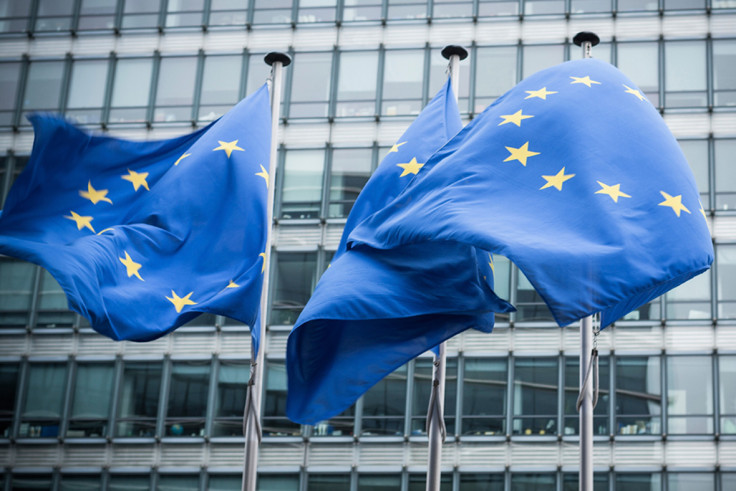EU finally approves sharing air passenger data to fight terror

It has taken five years but the European Parliament has finally approved the Passenger Name Record system which allows airlines to share passenger information with EU states to help fight terror. The law was first proposed by the European Commission in 2011 but was held back over privacy concerns.
The terror attacks in Paris in November last year and the bombings in Brussels last month helped to move the legislation forward. France pushed for the legislation following the 13 November bombing in Paris that left 130 people dead. It made another push following the 22 March attacks in Brussels that killed 32 people.
"The European Parliament has today united beyond its political differences to bring a very large majority behind these pieces of legislation," Martin Schulz, the parliament president said. The legislation passed with 416 votes for, 179 against and nine abstentions.
In a statement, the European Commission said: "This is a strong expression of Europe's commitment to fight terrorism and organised crime together through enhanced cooperation and effective intelligence sharing." Citing the Paris attacks and the Brussels bombings, the Commission's First Vice President Frans Timmermans and Home Affairs Commissioner Dimitris Avramopoulos said in a joint statement: "The EU PNR Directive will improve the safety and security of our citizens."
According to both Avramopoulous and Timmermans, the legislation includes "robust privacy and data protection safeguards ensuring full compliance with the right to data protection." The Passenger Name Record or PNR is designed to track not only potential militants but also criminals, including those who smuggle people, drugs or weapons.
The legislation is aimed at helping detect individuals who have not been flagged by authorities as presenting a threat but whose travel patterns raise suspicions. It would then be up to one country to alert the other.
Timothy Kirkhope, the British Conservative MEP who helped steer the legislation through parliament said the legislation can "identify the routes used by criminals and terrorists and prevent individuals from reaching their intended destinations or targets. PNR is not a silver bullet but countries that have national PNR systems have shown time and again that it is highly effective."
Under the PNR, details like the names, travel dates, itinerary, ticket details, contact details, travel agent, means of payment, seat number and baggage information need to be provided. Airlines operating flights between the EU and third countries as well as internal EU flights will transfer the data to national security services who could then share it with their European counterparts.
The data collected will be retained for five years but in a concession to privacy advocates, it will be made anonymous after six months of storage unless a specific request is made. France had initially sought to have the data to remain 'unmasked' for at least one year but EU members agreed in December to the six-month period that parliament had wanted.
The legislation is aimed at helping detect individuals who have not been flagged by authorities as presenting a threat but whose travel patterns raise suspicions. it would then be up to one country to alert the other.
EU member states will have two years to adopt the legislation. The new legislation however has not been welcomed by all. Jan Albrecht, a member of parliament from the Greens group said: "There is no proof that the mass collection and storage of air passenger data helps in combating terrorism."
© Copyright IBTimes 2025. All rights reserved.




















